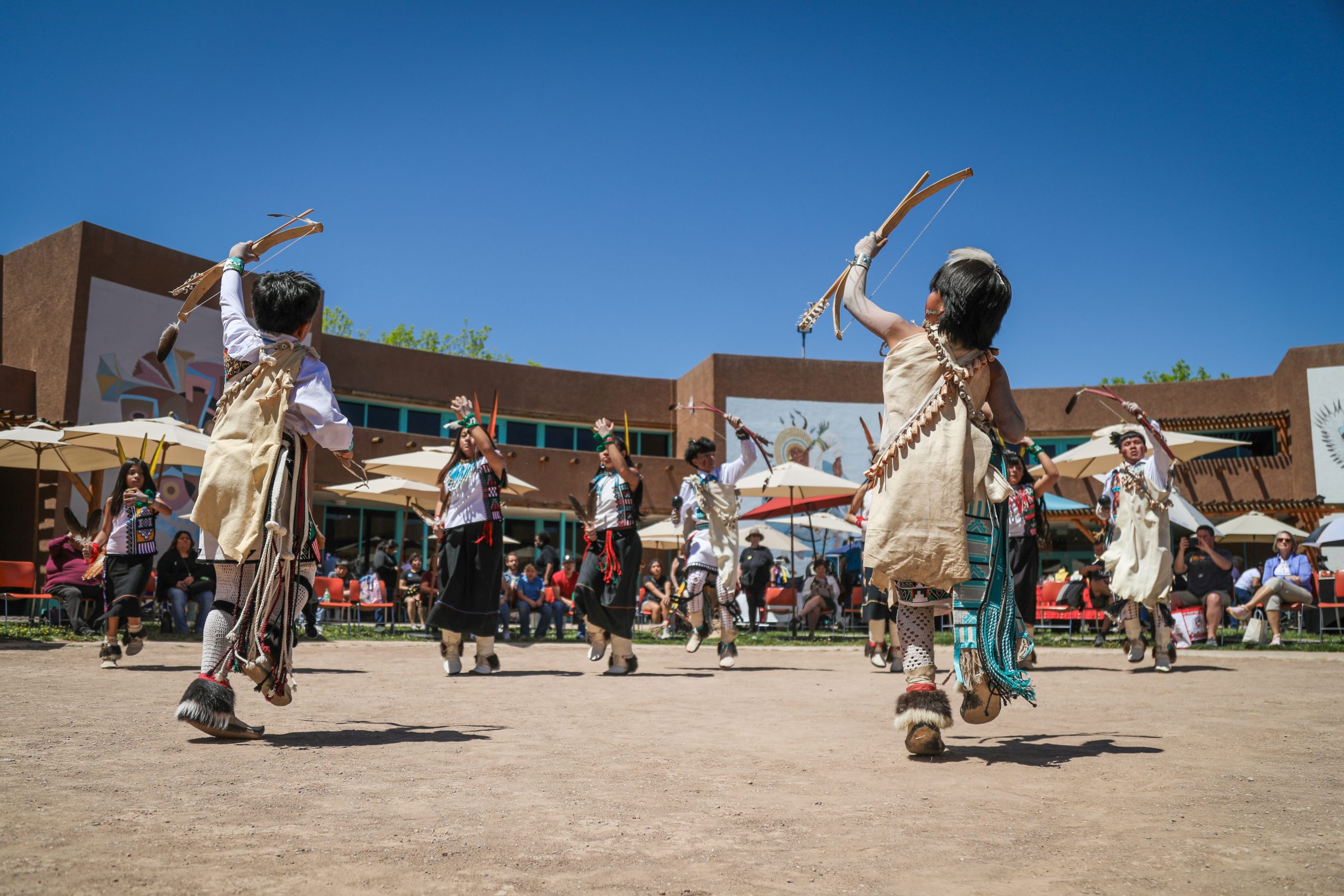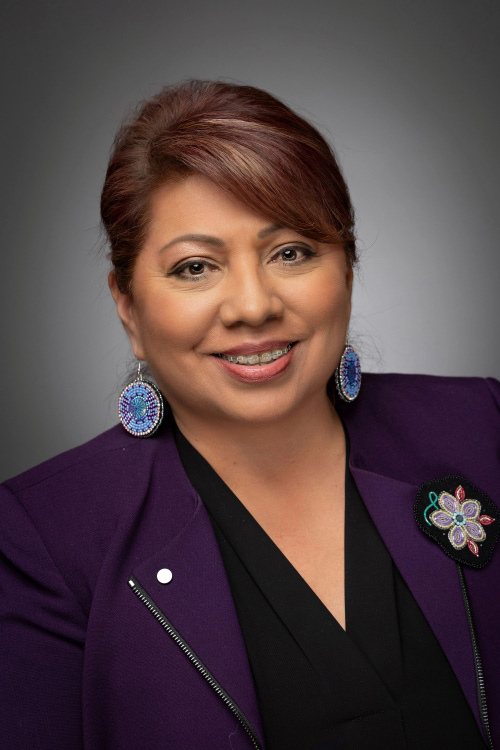Celebrating Native American Heritage Month through Authentic Indigenous Tourism
Indigenous tourism contributes $11.6 billion in annual sales to the tourism and hospitality sector in the United States

The American Bus Association recently formed a strategic partnership with the newly renamed American Indigenous Tourism Association—an exciting step toward expanding opportunities for Indigenous-owned and operated tourism businesses within the U.S. group travel industry. This collaboration highlights ABA’s ongoing commitment to promoting historical and cultural tourism as a powerful force for preservation, economic empowerment, and meaningful, authentic travel experiences throughout North America.
In recognition of Native American Heritage Month this November, we’re honored to spotlight this important work within the Indigenous tourism industry. We invited Sherry Rupert (Paiute/Washoe), CEO of the American Indigenous Tourism Association, to share insights into the association’s mission and its vital role in advancing Indigenous tourism.

The Power of Our Own Stories
At the American Indigenous Tourism Association, our mission is to define, introduce, grow, and sustain American Indigenous Tourism that honors traditions and values. For too long, the narrative of our people has been filtered or misinterpreted. Indigenous tourism offers a powerful opportunity to correct this, empowering Native Nations and communities to tell their own stories, in their own voices, on their own terms.
This is critical work, as the Indigenous hospitality sector is a significant economic engine. American Indian, Alaska Native and Native Hawaiian-owned hospitality businesses contribute $11.6 billion in annual sales* to the tourism and hospitality sector in the United States. Tourism is more than revenue; it is a tool for self-determination, allowing communities to create sustainable futures while maintaining control over their cultural assets.
Advancing Equity and Inclusion
Despite this economic impact, Indigenous tourism operators face unique challenges, from infrastructure limitations to inconsistent inclusion in the broader tourism support systems. We are the national unified voice working to address these systemic inequities.
A major success of this advocacy was the passage and funding of the Native American Tourism and Improving Visitor Experience (NATIVE) Act in 2018. This landmark legislation formally recognizes the importance of cultural heritage tourism and facilitates the collaboration needed between federal agencies and Native Nations to truly expand and support these businesses. Our work continues with providing technical assistance, training, and resources to help our partners develop culturally appropriate and sustainable tourism products, from agritourism initiatives to curated cultural centers.
A Call for Responsible Engagement
I encourage travelers this month, and throughout the year, to seek out and support authentic Indigenous experiences. When you choose an experience directly from a tribal enterprise or an Indigenous-owned business, you are ensuring that your dollars directly support the preservation of our language, arts, and traditions.
To be a respectful visitor is to be an informed visitor:
- Seek Authenticity: Look for experiences that are Indigenous-owned and/or operated.
- Respect Protocols: Be mindful of local customs, traditions, and the protocols of the Indigenous community you are visiting. Ask before taking photographs.
- Leave No Trace: Follow responsible tourism practices that protect both the natural environment and cultural sites.
- Educational Travel Guides: The American Indigenous Tourism Association is dedicated to educating travelers on best practices and protocols for respectfully visiting Indigenous communities in the U.S. We’ve created multiple educational guides for travelers that can all be found on www.AmericanIndigenousTourism.org.
Native American Heritage Month is a chance to move beyond recognition toward true relationship-building. Through responsible Indigenous tourism, we can build a bridge between societies—one that honors the past, celebrates the present, and invests in a culturally rich future for all.
*According to the Economic Impact of U.S. Indigenous Tourism Businesses Report, produced by the American Indigenous Tourism Association in partnership with Honolulu-based SMS Research.
Sherry L. Rupert (Paiute/Washoe) is the Chief Executive Officer of the American Indigenous Tourism Association, the only national organization dedicated to advancing cultural heritage tourism in Native Nations and communities across the U.S. and its territories.
About the American Indigenous Tourism Association
For more than 27 years, the American Indigenous Tourism Association has served as the only national organization dedicated to advancing a mission to define, introduce, grow, and sustain American Indigenous tourism that honors traditions and values across the United States and its territories. Established by tribes for tribes to address inequities in the tourism system, the American Indigenous Tourism Association is a 501(c)(3) national nonprofit governed by an all-Indigenous board of directors and serves as a united voice for the $11.6 billion Indigenous hospitality sector. Its successful legislative work led to the industry-changing Native American Tourism and Improving Visitor Experience Act (NATIVE Act) funding in 2018, as Indian Country Tourism was recognized through federal appropriations via NATIVE Act implementation. Native Nations and communities who are looking to start or expand their cultural tourism footprint can find resources at www.AmericanIndigenousTourism.org and visitors interested in learning more about Indigenous culture can visit www.DestinationNativeAmerica.com.



